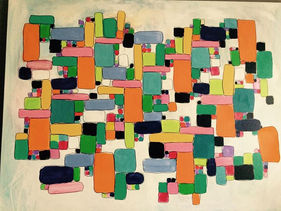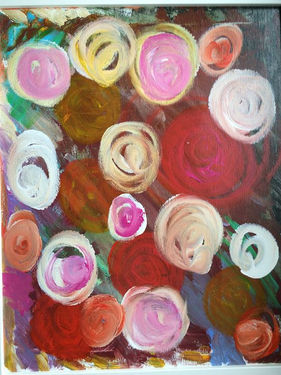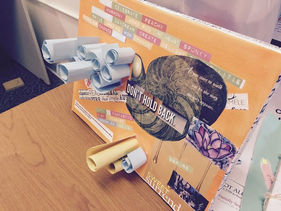Therapeutic Approaches
Therapeutic Approaches
Therapeutic Approaches
Therapeutic Approaches
A little blurb about your approach goes here.A little blurb about your approach goes here.A little blurb about your approach goes here.A little blurb about your approach goes here.A little blurb about your approach goes here.A little blurb about your approach goes here.A little blurb about your approach goes here.A little blurb about your approach goes here.A little blurb about your approach goes here.A little blurb about your approach goes here.A little blurb about your approach goes here.A little blurb about your approach goes here.A little blurb about your approach goes here.A little blurb about your approach goes here.A little blurb about your approach goes here.A little blurb about your approach goes here.A little blurb about your approach goes here.
A little blurb about your approach goes here.A little blurb about your approach goes here.A little blurb about your approach goes here.A little blurb about your approach goes here.A little blurb about your approach goes here.A little blurb about your approach goes here.A little blurb about your approach goes here.A little blurb about your approach goes here.A little blurb about your approach goes here.A little blurb about your approach goes here.A little blurb about your approach goes here.A little blurb about your approach goes here.A little blurb about your approach goes here.A little blurb about your approach goes here.A little blurb about your approach goes here.A little blurb about your approach goes here.A little blurb about your approach goes here.
The Soul Compass offers specialized training for Yoga Practitioners. All courses are Yoga Alliance Approved.
Tiffany Caicco

What is Art Therapy?
Art Therapy is an evidence-based therapeutic alternative or adjunct to other forms of therapy. Art therapy is a mental health approach in which clients, facilitated by the art therapist, use art media, the creative process, and the resulting artwork to explore their feelings, reconcile emotional conflicts, foster self-awareness, manage behavior and addictions, develop social skills, improve reality orientation, reduce anxiety, and increase self-esteem.
A goal in art therapy is to improve or restore a client’s functioning and his or her sense of personal well-being.
As a certified Art Therapist, Tiffany uses expressive arts including painting, photography, movement, play, music, creative writing, journaling, building, etc. as an alternate and enhanced approach. for acute life transitions (menopause, divorce, existential crisis, feeling stuck); Post Traumatic Stress Disorder; bereavement, grief and loss; and cognitive or developmental issues like brain injury, autism, Alzheimer’s, etc. that make talk therapy ineffective or frustrating.

What's the BETH Group?
Tiffany spent 3 years post master's degree working towards her Art Therapy certification at the Vancouver Art Therapy Institue. In her dissertation, she completed a 100+ page paper including an extensive literature review on
trauma, resilience, and adaptation.
This paper explores and integrates the concepts of nature, nurture, and the environment - trauma, survival, adaptability, flexibility, resilience, recovery, and resistance, non-adaptive versus adaptive functioning, and transformation, and how an individual’s attitude and their ability to manage day-to-day stressors
impacts their quality of life.
The paper introduces an art therapy group program called Be Empowered Trauma Healing (BETH).
The trauma-informed art group is designed to be a safe place to process and includes psychoeducation, mindfulness, and coping strategies. Art-in and art-as therapy anchors the BETH sessions whilst incorporating the aesthetic of Wabi-Sabi and mindfulness attitudes. Along with evidence-based cognitive and dialectical behavioral and narrative practices, grounding, pranayama, and
other strategies supplement the learning model.
The secure and comfortable sharing space encourages group cohesion and community building to promote spontaneous interactions, meta verbal discussions, and vicarious learning. The BETH group aims to teach participants a more flexible mindset so they're able to process present moment symptoms through art-making and community, while utilizing strategies to help them navigate the natural order of the constantly changing Universe, so they don’t just have to survive but thrive through self-empowerment.
Reach out to learn more about this exciting group format.

















